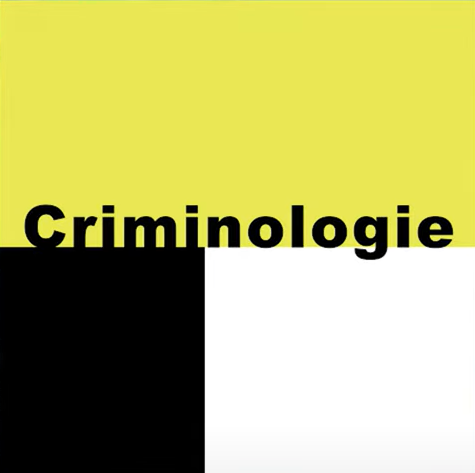In Switzerland, the Federal Act on the Intelligence Service (LRens) was enacted in 2017, legalizing the use of technical means for gathering information as part of preventive investigations. Despite broadly reconfiguring the investigations undertaken by the Federal Intelligence Service (SRC), the law has nonetheless been presented as respectful of individual freedoms, thanks to strict oversight. After identifying the legal and political issues surrounding this legislation, this article seeks to analyze its practical impact. Drawing on insights from the sociology of institutions, which argues that legal rules can only partially explain actual practices, we propose shifting the focus of the analysis to the perspectives of those responsible for implementing the law. Through interviews with intelligence officers, this study highlights the ambivalence present in their relationships with the law : While they perceive it as a means of legitimizing their activities, they also deplore its practical complications, as well as the persistent grey zones it contains. The interviewees nevertheless acknowledge having adapted to the law by exploiting its ambiguities via rule manipulation. These results demonstrate the importance of analyzing the law, as well as its effectiveness in terms of how actors make use of it.
This fiftieth episode features an interview with Tamara Constantin.
More details: https://doi.org/10.7202/1117820ar

Attention - Votre version d'Internet Explorer est vieille de 21 ans et peut ne pas vous offrir une expérience optimale sur le site du CICC. Veuillez mettre à jour votre ordinateur pour une expérience optimale. Nous vous recommandons Firefox ou Chrome, ou encore ChromeFrame si vous êtes dans un environnement corporatif ou académique dans lequel vous ne pouvez pas mettre à jour Internet Explorer.